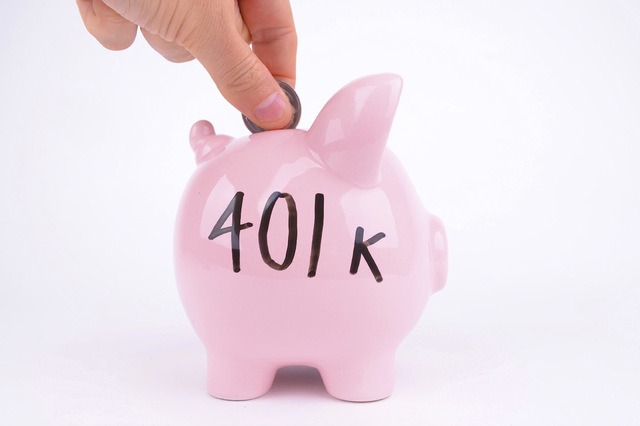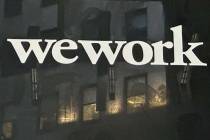What you should know about your 401(k)
Probably the most common – and popular - of all retirement savings plans, the employer-sponsored 401(k) offers many benefits. Chief among those benefits: a 401(k) plan allows you to accumulate funds for retirement on both a pre-tax and tax-deferred basis. That means you won’t be taxed on the money you set aside and your assets will grow free from current taxation. What’s more, most employers will match, dollar for dollar, a percentage of whatever amount of funds you are able to put away.
But what happens if you change jobs? What happens if you’re downsized or temporarily laid off? Given the current economy, any of these situations is possible. On the other hand, in both good and bad economies most of us will change jobs at least once – perhaps twice - during our working lives. But if you’re one of the millions of people who will change jobs this year – willingly or unwillingly – there are a few things you should know about your 401(k) assets before you take any steps to access them.
1. Don’t make the mistake of receiving your 401(k) assets in cash.
The IRS requires a mandatory 20 percent tax withholding. You will not only owe income taxes on the full amount, but if you are under age 59½, you will have to pay a 10 percent tax penalty as well. A better option might be to have your funds transferred directly into a traditional Individual Retirement Account (IRA). In an IRA, you will continue to enjoy tax-deferred growth and you may still – subject to maximum contribution and income limits – be able to make future contributions on a “pre-tax” basis.
2. Remember that your 401(k) assets are portable.
If you’ve left your previous job for new employment, you may be able to simply take your assets with you. If your new employer’s retirement plan doesn’t allow such transfers, however, you can still opt to roll your funds into a personal IRA.
3. Don’t procrastinate.
This is not only money you’ve worked hard to save, but money you’ll be depending on to supplement any other retirement assets you may have. For that reason, it’s always a good idea to seek professional advice. A seasoned financial professional will review all of your options with you – including how to help meet your short-term income needs if you are in between jobs - and help you determine an effective course of action. Too many people make the mistake of using their 401(k) dollars to meet short term living expenses during periods of unemployment.
4. Carefully consider how your 401(k) assets are invested.
This is true regardless of whether you are steadily employed or between jobs. Although some companies will make that decision for you, most plans allow you to choose, and periodically change, your own investments. You should consider several factors – most importantly your risk tolerance (how comfortable you are with market fluctuation), your time horizon (how many years you have until you’re ready to retire), and your current financial situation - before selecting how much to invest and where to invest it. With the exception of the guaranteed interest account offered by most plans, there are no guarantees for how well or poorly your assets will perform. Investing involves certain risks, including possible loss of value.
A 401(k) plan can be your key to a comfortable retirement. But only if you save consistently and resist letting life’s twists and turns throw you off track. With discipline, professional guidance, and a full understanding of all your options, you can be well on your way to a comfortable retirement.
Winfield C. Greenwood, RFC® is the owner/founder of Redstone Financial Group, LLC, an independent financial services firm based in Las Vegas. He shares his expertise on business and personal financial planning with the RJ every week. Contact him at (702) 475-6363,wgreenwood@redstonefg.com, or connect via Facebook or Twitter.




























